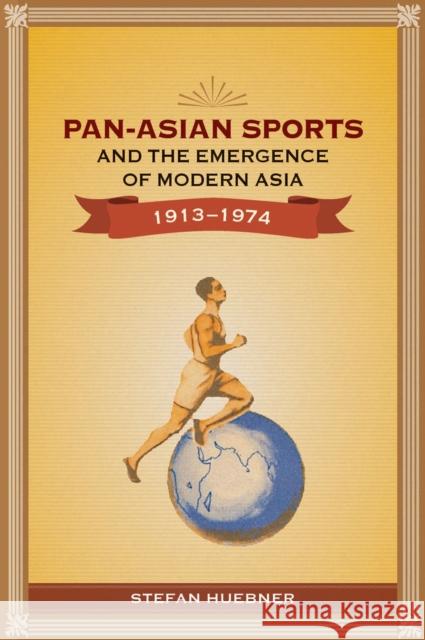Pan-Asian Sports and the Emergence of Modern Asia, 1913-1974 » książka
Pan-Asian Sports and the Emergence of Modern Asia, 1913-1974
ISBN-13: 9789814722032 / Angielski / Miękka / 2016 / 544 str.
The history of regional sporting events in 20th century Asia yields insights into Western and Asian perspectives on what defines modern Asia, and can be read as a staging of power relations in Asia and between Asia and the West. The Far Eastern Championship Games began in 1913, and were succeeded after the Pacific War by the Asian Games. Missionary groups and colonial administrations viewed sporting success not only as a triumph of physical strength and endurance but also of moral education and social reform. Sporting competitions were to shape a 'new Asian man' and later a 'new Asian woman' by promoting internationalism, egalitarianism and economic progress, all serving to direct a "rising" Asia toward modernity. Over time, exactly what constituted a "rising" Asia underwent remarkable changes, ranging from the YMCA's promotion of muscular Christianity, democratization, and the social gospel in the US-colonized Philippines to Iranian visions of recreating the Great Persian Empire. Based on a vast range of archival materials and spanning sixty years and three continents, Sports and the Emergence of Modern Asia shows how pan-Asian sporting events helped shape anti-colonial sentiments, Asian nationalisms, and pan-Asian aspirations in places as diverse as Japan and Iran, and across the span of countries lying between them.











